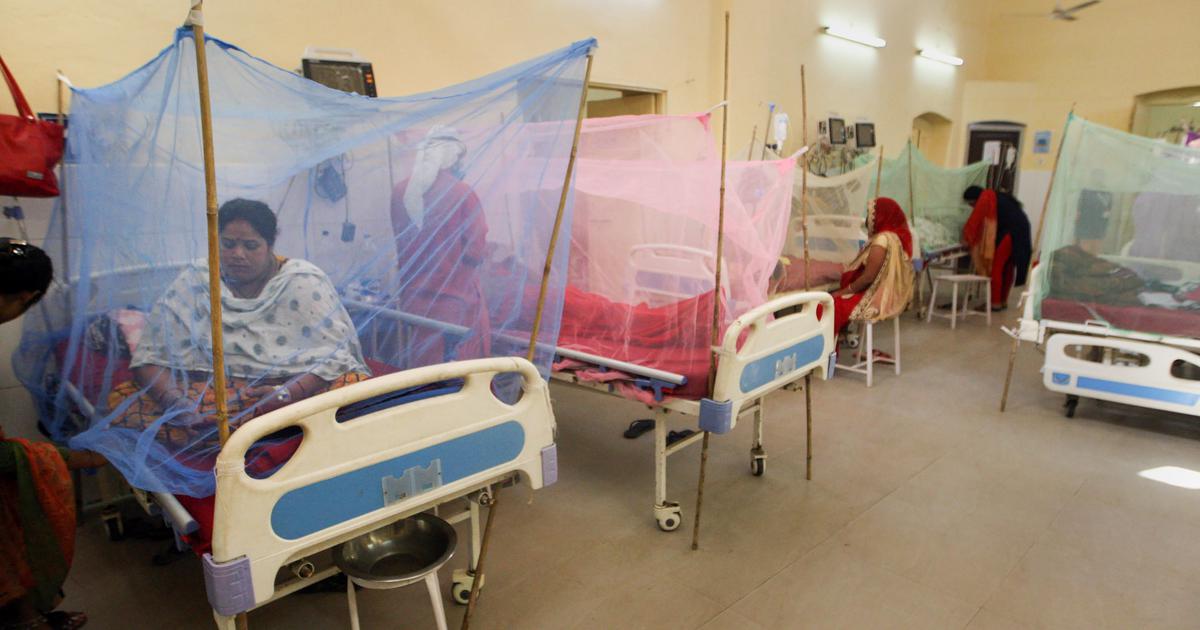Pakistan Sees Seven Percent Increase in Poverty Rate

Islamabad: The poverty rate in Pakistan has risen sharply over the past four years, according to a new World Bank report. The data shows a seven percent increase in poverty since 2020. World Bank Country Director for Pakistan, Ms. Bolormaa Amgaabazar, shared the findings during a press briefing. She said the country’s poverty level reached 25.3% in 2023-2024, up from 18.3% in 2021-2022. The rise has sparked concerns about economic stability and living standards.
The report reveals that Pakistan’s poverty rate grew to 24.8% in 2022-2023 and continued to rise in the following year. This trend marks a major reversal from previous progress. Between 2015 and 2018, poverty was declining by 1% annually. Before that, the country had achieved a yearly 3% reduction in poverty until 2015. However, after 2020, the trend shifted, and poverty began climbing again.
The World Bank also noted that income growth has remained weak over the past decade. Between 2011 and 2021, income increased by only 2 to 3%, which was not enough to lift many out of poverty. Economic challenges, inflation, and slow development have contributed to the growing number of poor households. As a result, millions of people now struggle to meet basic needs.
The report further suggests that poverty reduction is closely tied to agricultural output and other sources of income. When agriculture performs well, poverty tends to decrease. However, poor performance in key sectors has worsened the situation. The World Bank stressed the need for stronger economic reforms to address rising inequality and hardship.
Experts now call for urgent policy action to support low-income groups and boost job creation. Without intervention, poverty could increase further in coming years. The report urges both federal and provincial governments to prioritize economic recovery. Pakistan’s leadership must take firm steps to protect its most vulnerable citizens and reverse this troubling trend.

PML-N and PPP Discuss Seat Adjustment in KP By-Elections
16 minutes ago

PM Shehbaz Launches Roshan Maeeshat Bijli Package for Growth
33 minutes ago

United States Imposed New Sanctions on Russia, Says Trump
The United States has imposed new sanctions on Russia to pressure President Vladimir Putin to end the war in Ukraine.…
Israel Passes Bill to Annex Occupied West Bank Territory
The Israeli parliament has given initial approval to a controversial and illegal bill to annex the occupied West Bank. This…
PAF Chief Visits Romania to Boost Defence Ties
Rawalpindi: During an official visit to Romania, Air Chief Marshal Zaheer Ahmed Baber Sidhu, Chief of the Air Staff of…
“Iran Is the True Face of Terrorism, But the Door to Friendship Remains Open”
Washington — The White House has strongly reacted to remarks made by Iran’s Supreme Leader Ayatollah Ali Khamenei, who recently…

Rapid increase in HIV cases among children in Nawabshah
A serious health concern has come to light in Sindh, as officials have reported a rapid increase in HIV cases…
Dengue and Malaria Cases Continue to Rise in Interior Sindh
Dengue and malaria continue to spread rapidly across Hyderabad and several districts of interior Sindh, as hospitals remain flooded with…
An incident of violence against polio workers in Karachi
An incident of violence against polio workers in Karachi took place in FB Area Block 14, Goharabad. A team giving…
258 Prisoners in Balochistan Jails Suffer from TB, AIDS, and Hepatitis
A recent health report has revealed that 258 prisoners in Balochistan jails are suffering from TB, AIDS, and Hepatitis. These…

PML-N and PPP Discuss Seat Adjustment in KP By-Elections
ISLAMABAD: The Pakistan Muslim League-Nawaz (PML-N) and the Pakistan People’s…16 minutes ago
PM Shehbaz Launches Roshan Maeeshat Bijli Package for Growth
Islamabad,: Prime Minister Shehbaz Sharif has unveiled the Roshan Maeeshat…33 minutes ago
High Costs, Low Confidence: Pakistan’s Economic Trap
Writer : Chaudhry Muhammad Sarwar In much of the developed…3 hours ago
United States Imposed New Sanctions on Russia, Says Trump
The United States has imposed new sanctions on Russia to…11 hours ago

















